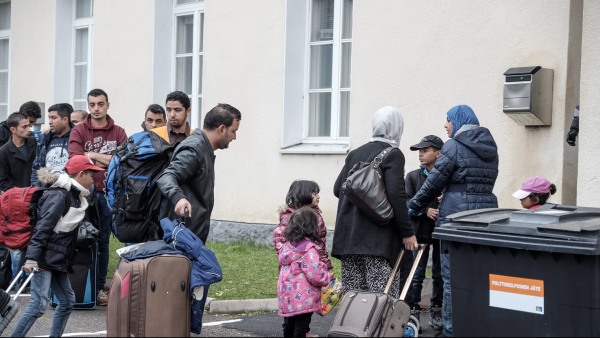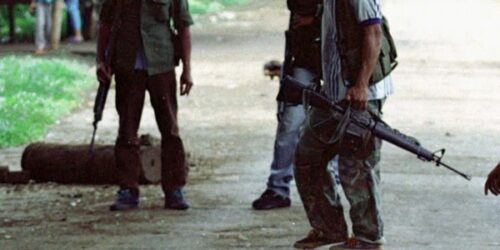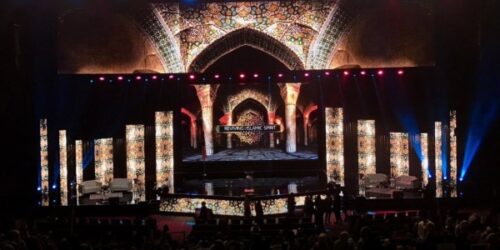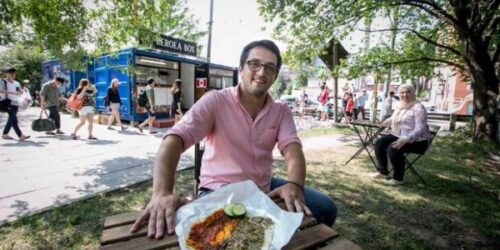Understanding Concerns: Exploring Factors Influencing Finnish Views on Muslim Refugees
Finland, a picturesque Nordic nation known for its high quality of life and strong social welfare system, has found itself at the crossroads of a complex debate surrounding Muslim refugees. While discussions often highlight concerns over a perceived “rape epidemic” attributed to Muslim migrants and reference historical events, it’s essential to delve deeper into the multifaceted reasons shaping Finnish attitudes towards this issue. It is crucial to approach this topic with a balanced perspective, taking into account historical context, socio-economic factors, and cultural considerations.

Islam in Finland: A Diverse Landscape
Finland’s relationship with Islam is relatively recent, given that the majority of the country’s population adheres to Christianity. The Muslim population in Finland has grown primarily due to migration, with refugees seeking safety and better opportunities. This cultural diversity has led to a fusion of various traditions and beliefs, which, while contributing to a rich tapestry of Finnish society, has also introduced some challenges.
The “Rape Epidemic” Narrative: Separating Fact from Perception
One of the main concerns driving Finnish apprehension towards Muslim refugees is the notion of a “rape epidemic.” This perception, often attributed to Muslim migrants, has sparked considerable debate. However, it is crucial to approach this issue with empirical evidence and avoid generalizations. Research indicates that crime rates are influenced by a multitude of factors, including socio-economic conditions, cultural integration, and mental health support. Thus, it’s vital to avoid oversimplifying a complex situation and focus on evidence-based analysis.
Historical References: Unraveling the Context
The article refers to Zbigniew Brzezinski’s alleged involvement in creating Islamic fundamentalism in 1978, implying a link between historical events and the present-day concerns in Finland. While historical events can shape geopolitical dynamics, drawing a direct line between past actions and the current refugee situation is a complex oversimplification. Finland’s stance on refugees is influenced by various factors, including national security, social cohesion, and economic stability. Therefore, understanding the complexities of these concerns requires a broader perspective.
Socio-Economic Considerations: Balancing Resources and Integration
The apprehensions surrounding the influx of refugees extend beyond perceived cultural differences. Socio-economic considerations play a crucial role in shaping public opinion. Skepticism arises from concerns about the strain on social services, housing, and employment opportunities. To address these concerns, policy frameworks focusing on effective integration, language proficiency, and employment support are vital in facilitating the transition of refugees into productive members of Finnish society.
Cultural Integration: Navigating Identity and Diversity
Cultural integration is a multifaceted process that requires mutual effort from both refugees and the host society. Finnish cultural norms and values, such as gender equality, play a significant role in shaping public discourse. Discrepancies in these areas might lead to misunderstandings and tensions. To bridge these gaps, initiatives promoting dialogue, cross-cultural awareness, and education are essential for fostering a sense of belonging among refugees and reducing cultural misunderstandings.
Challenges and Opportunities: A Complex Landscape
- Integration Policies: Developing comprehensive integration policies that prioritize language skills and employment opportunities can address socio-economic concerns.
- Cultural Exchange: Facilitating cultural exchange programs between refugees and the local community can foster understanding and reduce tensions.
- Empowerment and Education: Empowering refugees through education and skills training can help them become self-sufficient and contribute positively to Finnish society.
Navigating the Complex Landscape
The debate surrounding Muslim refugees in Finland is far from one-dimensional. While concerns about a “rape epidemic” and historical references are part of the conversation, it’s essential to approach the topic with nuance and evidence-based analysis. A comprehensive understanding of the issue requires acknowledging socio-economic considerations, promoting cultural integration, and finding common ground that aligns with Finland’s values of tolerance and equality. By engaging in informed and empathetic discussions, Finland can navigate the complexities of the refugee situation while upholding its commitment to humanitarian principles and social harmony.



